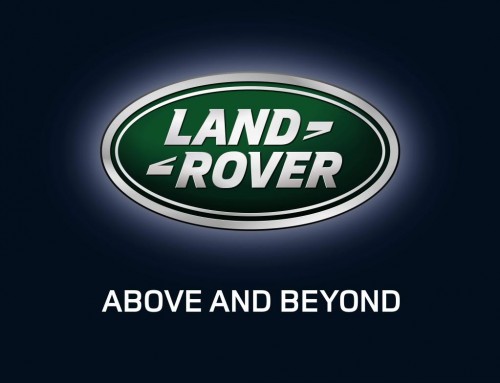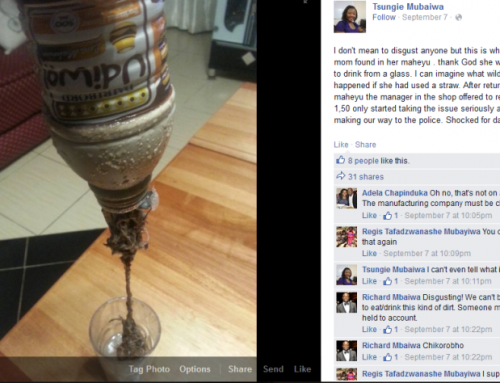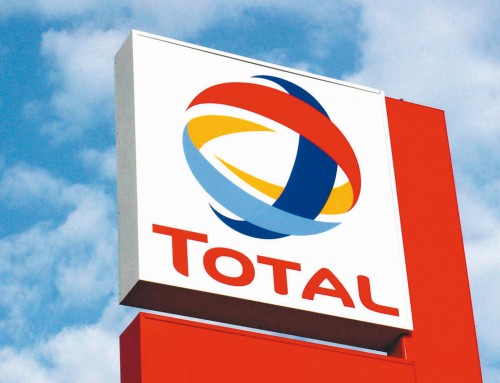There was once a campaign about buying Zimbabwe as a brand. I would think that some of the goals of this campaign included improving on the balance of exports versus imports, improving the state of local firms and improving the lifestyles of Zimbabweans among other issues. Zimbabwe as a brand encompasses all the ‘sell-able’ aspects of the country, including you! I will focus on the firms themselves though, but not necessarily in relation to the Buy Zimbabwe theme. I would want our country to have strong brands as I believe that this would put us on the map and it would solve a lot of our financial problems. It would also make us proud would it not?
So, what constitutes a strong brand in the context of Zimbabwe?
- It should be able to acquire and retain Zimbabwean customers who are not known for their loyalty
- It should be able to defend its market share against cheap imports and the higher quality imports
- It should be able to capture the imagination of westernised Zimbabweans who will probably compare what you are selling to what they see on television
- It should be able to give you a decent return on your investment
Looking at what I have listed above and the other aspects that I have not mentioned, I will ask the question again. Do we have strong brands in Zimbabwe?
I will refer to the questions above as you reflect on the questions that you may have raised yourself. Which company has lost a negligible percentage of their customers to the competition? Which company has stood strong in the face of foreign direct and indirect investment? (Be careful not to include firms that benefit from barriers that have been imposed in one way or the other). Last but not least is the question with the most obvious answer, which firm has given us a product which has not made us wish for some foreign company to come through and provide some competition for that firm? Take stock of what you have in your home, workplace or even what you have inside your car. How much of what you have falls under the category ‘strong local brand?’ And why is this so?
Now that you have decided whether or not we have strong local brands let us start to look at what one can do to have a strong local brand. In this post I will just mention one of the pointers. The other 9 pointers will be in Part 2 of the article.
1) Human Resources. This reminds me of the Garbage In Garbage Out principle that I was taught in my O Level Accounts class. I believe that the difference between hiring one employee and the next is their approach to business, and that difference in approach is measured in monetary terms. What do you think about that? Let us take marketing for example. Let us say you hire Marketer A and Marketer B and you ask them to introduce Product X into the market. This is what might happen:
Stage 1
Marketer A – Marketing Plan/Strategic Plan
Marketer B – Statement Of Intent
Stage 2
Marketer A – Market Research
Marketer B– Determines quality internally and produces product
Stage 3
Marketer A – Market Segmentation & Targeting
Marketer B – Machine Gun Approach
Stage 4
Marketer A – Naturally aspirated sales growth
Marketer B – Advertising advertising advertising and then aggressive advertising
Stage 5
Marketer A – Product reviews to identify growth opportunities for the product and the market
Marketer B – Promotions
Stage 6
Marketer A – Promotions to extend the life cycle of the product or to encourage trial by laggards among other factors
Marketer B – Advertising, promotions, promotions, advertising
The type of people that you hire will contribute a lot into determining what will become of your brand. The example above shows that different people use different approaches and these different approaches will have different results. One approach will lead to the creation of a stronger brand than the other.
See you in Part 2
Cheers
Ruvimbo







Leave A Comment